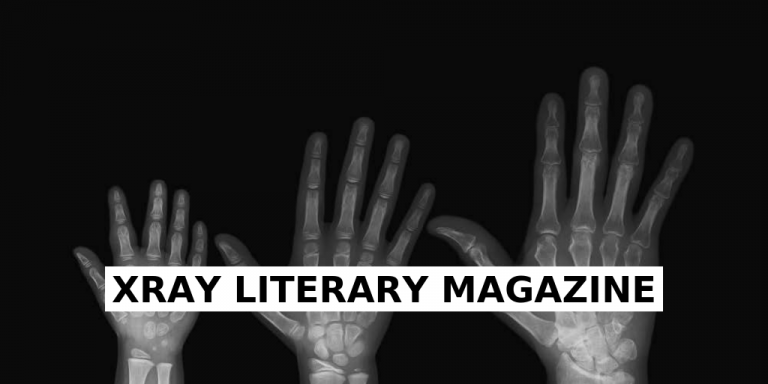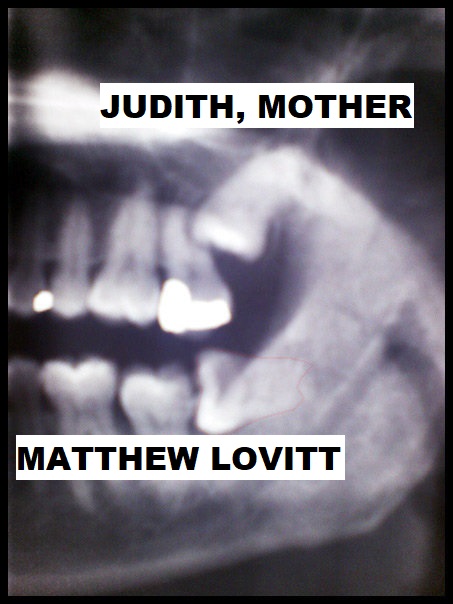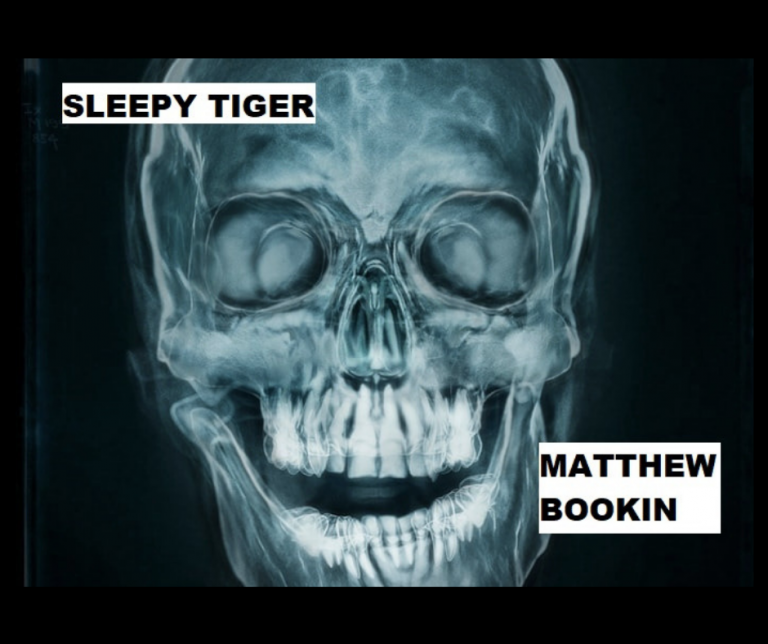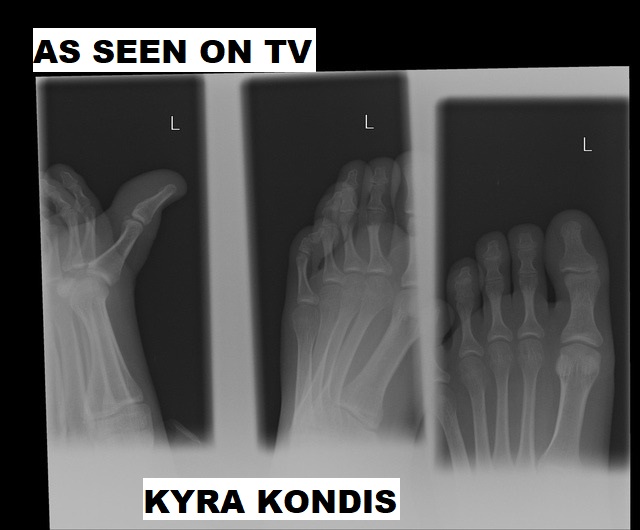
NEGAUNEE, MICHIGAN by Ron Riekki
I grew up in Negaunee. It’s a town you’ve never heard of. My ancestors are Saami. It’s an entire culture you’ve never heard of. My father was a sampler. It’s a job you’ve never heard of. He collected iron ore samples from the mines for testing. We live by a lot of mines you’ve never heard of—Empire, Tilden, Jackson. Upper Peninsula’s often misspelled Upper Penisula. I swear to God. Although God wouldn’t like me swearing about how the place I was born and raised is called a penisula by people who don’t use spellcheck. But this all happened before spellcheck.



